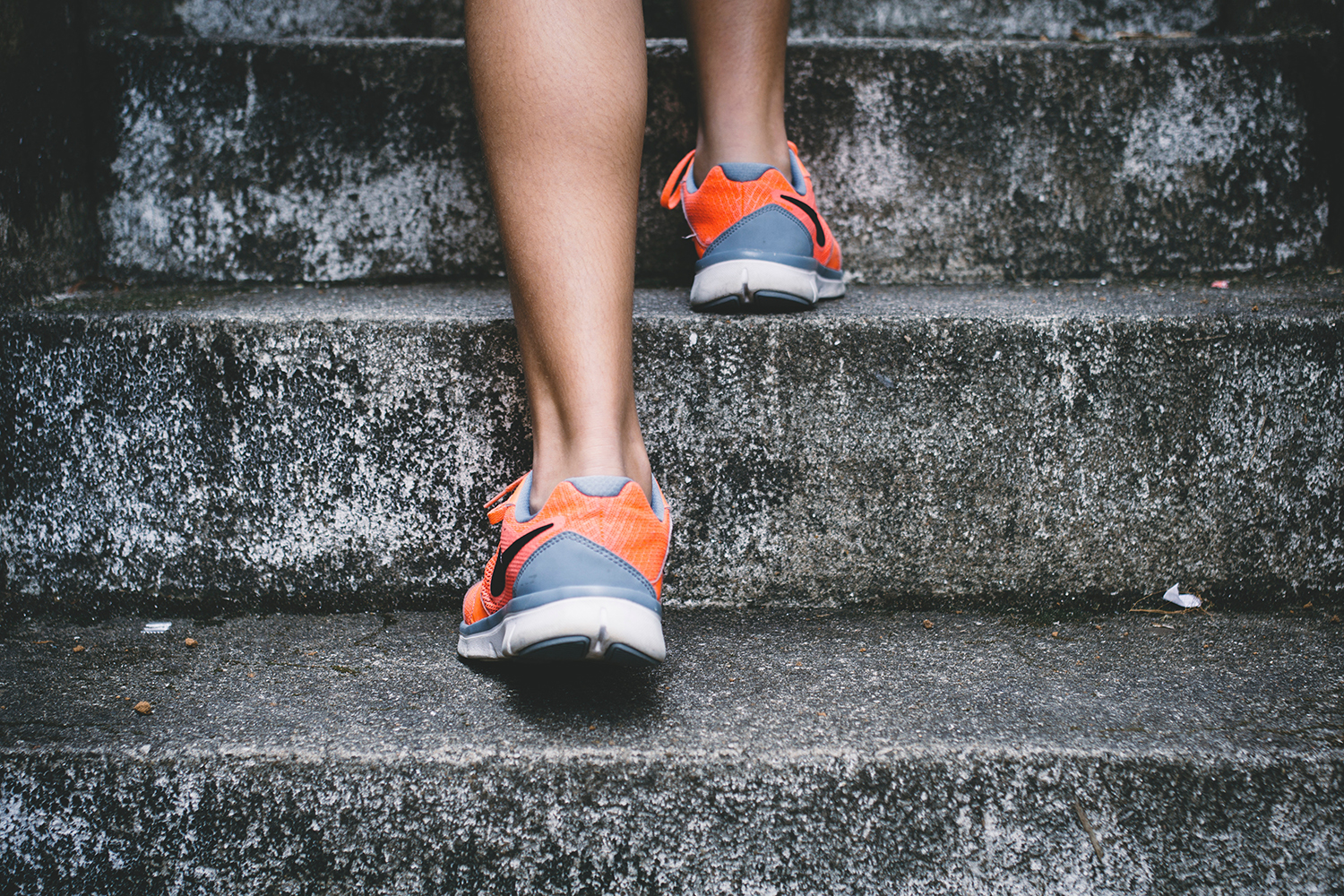12 Ways to Avoid Getting the Flu
Both during and right after the holidays are some of the most common times for people to get sick. For one, we are exposed to more people—be it through holiday shopping in crowded places like malls, attending holiday parties and get-togethers with lots of people, and being cooped up indoors with relatives. Then there are our sleeping and eating schedules, which are disrupted by late nights, long days, over-indulging on treats, and being dehydrated. All of these different scenarios often lead to catching a cold, or even worse, the flu.
“When we are surrounded by sniffling and coughing people, many of us give and receive the ‘gift’ that keeps on giving: the flu,” says Dr. Eddie Fatakhov, M.D., a board-certified physician, nutritionist and best-selling author. “While it’s important to remember that ‘tis the season for colds and flu, the good news is that if you follow suggested preventions and precautions, the flu isn’t a gift you have to receive.” He shares 12 simple ways to significantly decrease your chances of getting colds and the flu:
Wash your hands.
Think of every communal thing you touch on a daily basis—doors and door knobs, stair rails, other people, countertops, restaurant chairs…the list goes on and on. Because we are so hands-on, the chances of spreading cold germs and the flu virus are very high. Combatting this spread is simple—wash your hands frequently and make sure you are doing it correctly!
Clean communal surfaces.
Many studies have been done to find the presence of viruses on shared surfaces in places like classrooms and airports. These studies all found breeding grounds for germs and viruses. While you might not be able to disinfect schools and airports, you can clean your home and office areas. The use of a simple disinfectant wipe on light switches, doorknobs, phones, computer keyboards and TV remotes can minimize exposure to germs and viruses for you, loved ones, and coworkers.
Avoid touching your face, eyes and mouth.
One of the easiest ways to transmit germs and viruses from surfaces and your hands is to touch your face—specifically your eyes and mouth. This direct introduction can lead to colds, the flu, and other illness such as respiratory infections. So if you are a nail biter, nose wiper or rub your eyes a lot, either take a break from these actions or increase your hand washing even more.
Use hand sanitizer.
For those times when you don’t have access to soap and water, use a hand sanitizer. It’s a convenient and helpful tool for disinfecting your hands to help prevent flu and cold viruses.
Get sleep.
You immune system is your main line of defense against colds and the flu, and sleep deprivation is a major hindrance to your immune system. Not only will getting enough sleep help your body defend itself, but it will also increase your energy during the day. In order to sleep better, you may need to invest in a mattress. Check out this guide from SleepStandards to choose a good mattress for you.
Exercise.
In addition to helping you feel great, working out is beneficial for a lot of reasons, including boosting your immune system. Reducing excess weight can be key when preventing colds and the flu, since many studies have shown that overweight and obese people are more susceptible to injury and illness.
Avoid sick people.
If there is someone in your house or office who is coughing or sneezing try to keep your distance. This might be difficult at home (take all other precautions) but at work try suggesting the sick person stay home. Talking to your employer about making a plan for keeping sick people out of your workspace is a great way to keep employees healthy while also increasing productivity within a healthy workforce. In addition, don’t be that guy—if you feel sick, stay home.
Cover your nose and mouth.
Covering your nose and mouth while sneezing and coughing is a great way to prevent spreading of the flu and other serious respiratory illnesses, like respiratory syncytial virus (RSV), whooping cough, and severe acute respiratory syndrome (SARS)—all are spread by coughing, sneezing, or unclean hands. Remember to wash your hands after!
Eat healthy and stay hydrated.
Eating a healthy diet and drinking plenty of water are two ways to support your hardworking immune system. Consume more fruits, vegetables, lean proteins like turkey, and complex carbohydrates. In addition, increase your water intake to help your body flush out toxins.
Take probiotics.
Add probiotics via diet or supplements to help fight any “bad” bacteria with “good” bacteria (recent studies have found that probiotics may help prevent upper respiratory infections in children).
Get the flu shot.
The CDC recommends getting a flu shot annually. Some studies have shown that the flu vaccine can decrease the chances of healthy adults contracting the flu by as much as 40 - 60%. While the flu vaccine isn’t guaranteed to prevent the flu for everyone, some experts believe it can lessen the severity and duration of flu symptoms.
For more information, visit Dr. Fatakhov’s website and follow him on Instagram: @eddiefatakhovmd
Kamala Kirk is a University of Southern California graduate and has been an editor/writer for more than a decade. She has written for E! Online, Total Beauty, TravelAge West, Malibu Times Magazine, and many more. She resides in Los Angeles and is a proud pug mom. Follow her on Instagram: @kamalakirk













